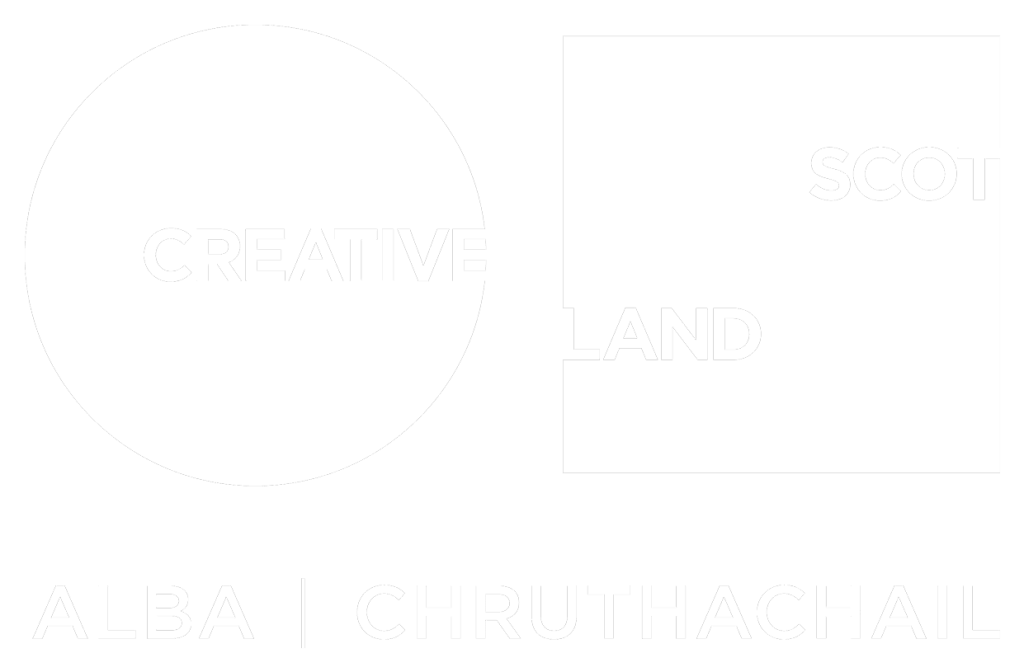Michael Richardson is author of Youth Theatre: Drama for Life, published this year by Routledge. Involved in the strategic development of youth theatre for over 20 years, YTAS asked Michael (a former Chair of Promote YT) to take part in a Q&A:
YTAS: Please write a short biography about yourself.
Michael Richardson: I have worked in youth theatre for over 20 years. As well as countless freelance projects, I founded Shrewsbury Youth Theatre in 1994 and within two years it became England’s only youth theatre owned and managed by its participating young people. I also established youth theatre provision at the Midlands Arts Centre in Birmingham before returning to Scotland as Artistic Director of West Lothian Youth Theatre. I have been a Regional Development Coordinator for the National Association of Youth Theatres and was a founding board member of Promote-YT Scotland (as was), later serving as its Chair for four years.
YTAS: There are a number of youth theatre books available, why we should read your one?
Michael Richardson: The shelves of libraries and bookshops stock many resources for those using drama with young people: books of games, endless workshop ideas, advice on how to stage a show, and the writings of different dramatic theorists from Stanislavsky to Brook and Boal. Despite this wealth of material, however, there is very little written about how it can be used effectively in youth theatre: the youth theatre process is rarely defined and its effective usage is not explained.
This book sets out to define the youth theatre process, not only by outlining its constituent parts but also by explaining how these activities work to support young people’s development. Unlike most existing writing, it doesn’t focus on specific examples of what we do in youth theatre (although these are given): instead, by defining youth theatre as a tool for non-formal learning, it explores why we do it, and how to do it to ensure the best possible results.
The book describes the nature and purpose of youth theatre; defines the constituent parts of the youth theatre process from warming-up and game playing to devising and the sharing of work; outlines some key tips for youth theatre in practice (including planning workshops, evaluation, child protection and youth leadership); explores the two key applications of the youth theatre process (theatre productions and drama in educational settings); and finally supplies comments from a number of youth theatre practitioners and participants about their own successful experiences in the sector.
The book is targeted primarily at youth theatre practitioners but will also be of value to teachers, youth workers, students of theatre practice and others who use drama as a tool for non-formal learning to support the personal, social and creative development of young people. In reading this book and reflecting on its arguments they will gain an enhanced understanding of the structure and ethos of youth theatre practice which will support them in improving their own skills when working with young people.
YTAS: What new or surprising things did you learn as part of writing the book?
Michael Richardson: The book is essentially the distillation of twenty years of my own successful practice in youth theatre, and as such the learning process for me didn’t come from sitting down to write. Instead the whole journey of my career was a learning process, defined as it has been by constant reflective practice and by taking (sometimes very critical) feedback from participating young people.
The one surprising feature for me in researching additional material for the book was just how much academic writing there now is that supports my practical experience. From social science to neuroscience there is an increasing body of evidence for the need and value of drama techniques being applied in a non-formal learning setting to support the personal and social development of young people, and some of this is referred to in different chapters.
YTAS: The book covers the nature, purpose and process of youth theatre. Did you cover the regional or international differences in practice?
Michael Richardson: My experience across the UK is that all four models of youth theatre are represented, but that in Scotland there is a greater variety of approaches, whereas in England and Wales there is a stronger emphasis on the theatre arts model.
This imbalance seems to be exaggerated within Europe, with the focus on the theatre arts model becoming more significant the further east you travel. Also more formal approaches to education generally in the east of Europe mean that there are fewer people with the skills to follow a participant (rather than leader) centred methodology, and so youth theatre in former Soviet republics can feel very much like a regimented class rather than an environment in which personal and social skills can be allowed to flourish.
That said, it is beyond the scope of the book to cover these differences. There is already plenty of material available focusing on formal education; and on staging a show; so the predominance of these in the east is supported by other writers. In contrast my book focuses on the use of drama techniques as a tool for non-formal learning to support the personal, social and learning development of young people alongside fostering their creativity.
YTAS: You talk about an ‘appropriate environment’ for youth theatre: can you describe this?
Michael Richardson: The specific issues to consider take up a significant part of the book, and so here I could only give a general answer, if it were in fact possible to give an answer at all. Because in reality the activities of a successful youth theatre are participant centred, and therefore the appropriate environment can only be fully defined and described once the target group of participants is known. For example, there are many successful youth theatres operating in repertory theatres up and down the country: but equally there are many groups in society who find theatres elitist and alienating and would find it difficult to attend such an organization. So the environment should be made to fit the young people and their needs as much as possible.
It goes without saying that beyond this the environment should be safe and respectful, which if achieved covers all manner of issues from group dynamics and disciplinary issues to health and safety and the protection of vulnerable groups.
Finally, I advocate strongly in the book for youth theatres to offer a non-formal learning environment to young people: one that is truly participant focused, task centred and empowering for all.
YTAS: The book covers the role of the practitioner. How has their role changed over time in your mind?
I think there are two differences. Firstly more people are aware of the potential role of youth theatre in the personal and social development of youth theatre and as a result the role has broadened. The first youth theatres in the UK were very definitely young versions of adult theatre: young people cast into productions to produce the best theatre art they could. This model still exists, appropriately and successfully of course, but as time has passed practitioners might also find themselves working in youth clubs, or running projects in schools or prisons, with the quality of the finished product being less important than a whole range of other outcomes such as participant self confidence, or communication skills.
Alongside this the role of a youth theatre practitioner has become more stable as a professional option. Previously, running a youth theatre was often the stepping stone that future artistic directors of theatres would take before applying for associate director posts; now there is much more work around of different types which means that youth theatre practitioners can look forward to long careers working with young people.
YTAS: There is an appendix listing drama games. Which is your favourite and why?
Michael Richardson: It’s difficult to decide on a favourite game, as my experience of them is very much influenced by the group of young people with which I am playing them. For example I was very fond of a particularly complex version of Zip Zap Bop that we developed in Shrewsbury; but in West Lothian a group of older participants made One Apple Dog a favourite through their own weekly ambition to both succeed and create comic versions of it.
Over time however I think the game that has stood the test of time is the Numbers Game, as I call it. I have played this with most groups that I have worked with and I like it for several reasons. For participants it is a great challenge, so its successful achievement can take several weeks; and then there is the ongoing desire to beat the previous record. It also allows a group to learn fantastic skills in listening, cooperation and collaboration in a way that can be transformative of the working process. And for me as a practitioner it allows me very quickly to assess participants and their approach to participation, giving me a starting point from which I can tailor my approach to individual young people as well as dealing with the group en masse.
YTAS: The conclusion covers ‘why youth theatre?’. Can you summarise the answer?
Michael Richardson: The conclusion is really the words of former colleagues: anecdotes of their own experience of the benefits of youth theatre participation to back up my own arguments and opinions. It is perhaps best to summarise it using the closing paragraph, that was written by the first ever participant to sign up to Shrewsbury Youth Theatre way back at the start of my career.
Whatever the role I have taken in life I owe a great debt to youth theatre for giving me the skills to perform. Thank you for shaping me and besting me, understanding and nurturing me, but above all thank you for letting me live.
Youth Theatre: Drama for Life is published by Routledge.


